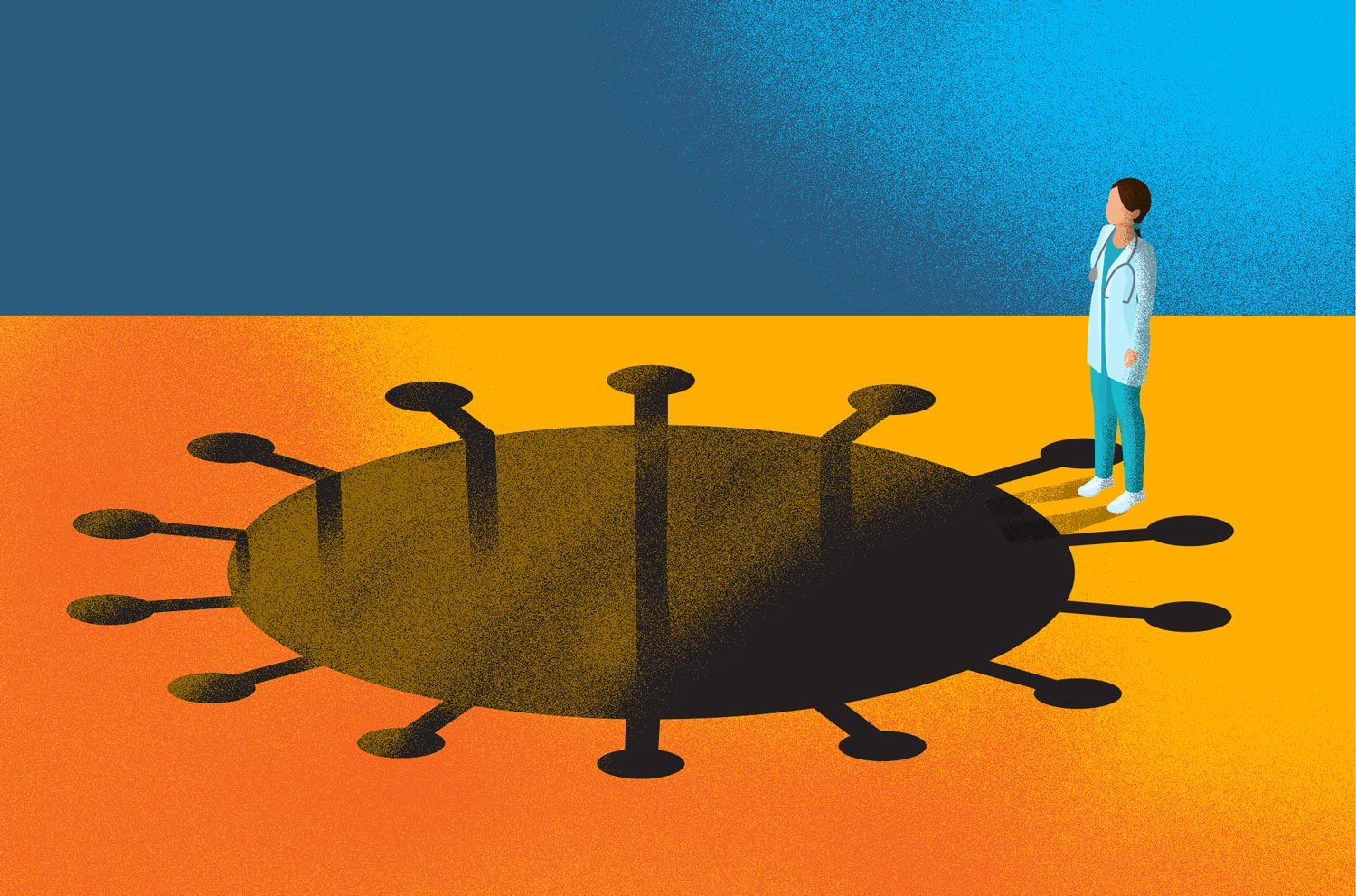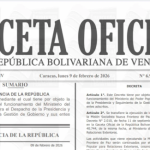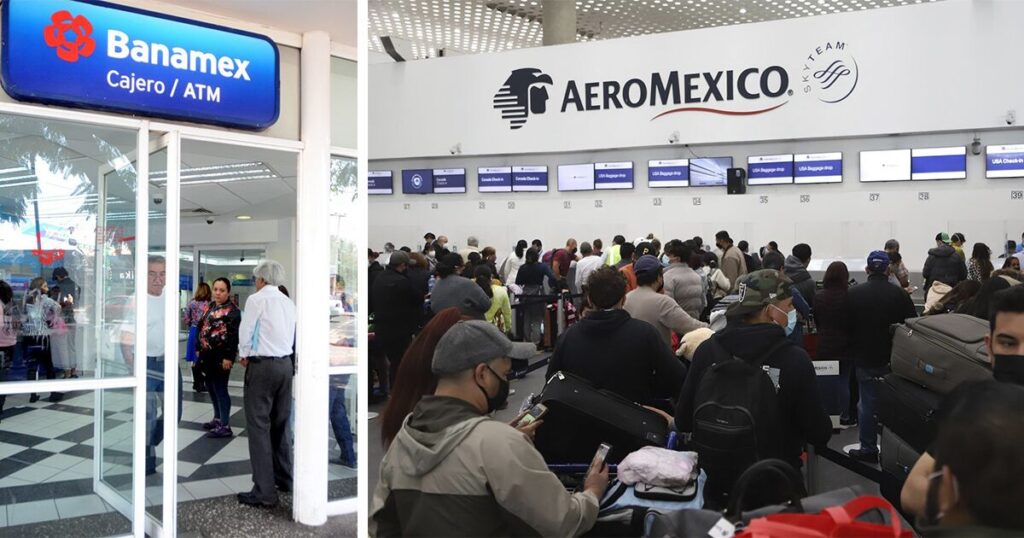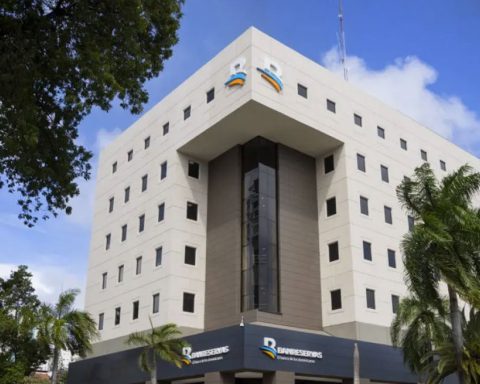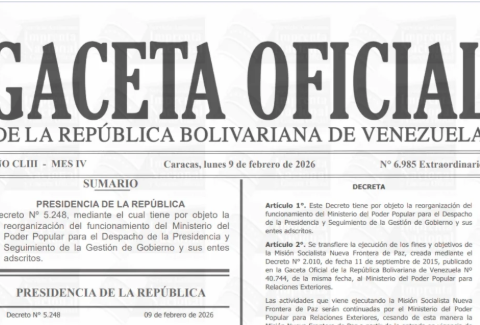The omicron variant of concern is about to become the most prevalent strain. As reported by the Pan American Health Organization (PAHO), it already circulates in 43 countries and territories of the Americas, which include three Central American countries: Costa Rica, Panama and Guatemala.
To this list of countries could be added Honduras, which in the last week of December reported that it is studying suspected cases of this variant. Nicaragua has not reported on the search for this variant, but PAHO confirmed this Wednesday that the country has the capacity to identify it.
“Nicaragua has generated a genomic surveillance system that has allowed it to demonstrate the circulation of the variants, both of interest and concern, therefore it has the ability to identify the omicron variant, ”said Dr. Sylvain Aldighieri, incident manager for COVID-19 at PAHO.
But nevertheless, Nicaragua barely informed PAHO about the circulation of the other four variants; alpha, beta, gamma and delta last November, when the second wave of covid was just lowered. Meanwhile, at the national level it did not present any report or provide details about the impact of these in the country. And while the other countries report an increase in cases in recent weeks, the official infection figures are decreasing each time. In the last week 39 cases and one death were reported nationwide.
In parallel to this, Independent physicians report patients with suspicious omicron symptoms. Several of these have just arrived in Nicaragua from countries where there are already community ómicron infections and they have infected several members of their family. These suspected cases present irritation in the pharynx, nasal congestion, dry cough, fatigue and muscle pain, mainly in the lower back.
Ómicron evades autoimmune response
Studies on omicron show that this strain is more contagious than the original virus and the other four variants; but, it is less serious. But nevertheless, PAHO recommends not underestimating the contagion because omicron has shown great capacity to evade the immunological protection created by vaccines and by previous infection with SAR-CoV-2.
In addition, PAHO explains, “although omicron does not generate a more lethal disease and hospitalizations or deaths in fully vaccinated patients are minimal. It is not about seeing it as a simple flu. It is important to note that there are many people who have not received a full vaccination so an omicron infection can be serious ”.
Ómicron has more mutations than the other strains. In total 50 are known, but of these 30 are located in the Protein S and the other part in the receptor binding which is an important area because it is the entry gate of the virus. In addition, the infection period is four days.
According to a study carried out in Qatar, which analyzed the behavior of the five variants of SAR-CoV-2, it suggests that “the protection provided by a previous infection to prevent symptomatic reinfection with alpha, beta or delta was robust; while against reinfection with Omicron was lower, almost 60% ”.
PAHO stated that PCR and antigen tests are still effective in detecting this variant. For this reason, it recommends that the countries continue to use the protocols that already exist and use these tests rationally.
It also explains that the only known variants of concern are alpha, beta, gamma, delta, and omicron. There is no such thing as a “deltacron” strain. “Although there may be cases of coinfection or codetection of the two variants, at that time it has not been shown that this phenomenon has occurred and it is being investigated whether the reports that circulate are due to contamination in the laboratories.”
Variant sets off new waves in Central America
The first omicron case in Costa Rica was identified on December 19, 2021, in a minor patient who traveled to the United States with his family. Since then, the neighboring country has shown an increase in infections, triggering a fourth wave.
“We began with unusual force the ascent of the fourth wave, motorized without any doubt. Ómicron has been prowling the country for at least three weeks and its effects will be more noticeable in the days to come. given its extremely high contagion activity, decreased incubation period and pathogenicity, “said epidemiologist Ronald Evans, coordinator of the weekly report on the pandemic at the Universidad Hispanoamericana.
In Panama, which identified the first case on December 20, 2021, and like Costa Rica, it triggered an increase in infections to the point of displacing the delta and becoming the most predominant. Daily infections have tripled and last Friday this country exceeded the figure of 5000 cases per day that had reached in January 2021, when they faced the second wave.
On January 8, 2022, Guatemala confirmed the circulation of this variant after sending 89 tests of covid-19 from Guatemalans to Panama, since the country does not have the technology to detect omicrón. These tests were taken between December 4 and 26, 2021 and of the total tests, 64% tested positive for omicron and the rest for delta, which indicates that the variant circulated in this country since that month.
According to the daily contagion registry, Since the end of December, Guatemala has registered an increase in daily covid-19 infections, that would be related to the new variant.
For its part, Honduran authorities reported that it is possible that the omicron variant has been circulating in this country since mid-December because they have seen several cases with omicron symptoms. However, it has not yet been able to confirm its circulation.
From Nicaragua there is no information on the variants and unlike other countries, the percentage of complete vaccination is low. According to the latest update, only 45% of the population has been vaccinated, which is a great advance considering that the country was below 10% for most of 2021, however, most of the population does not have the complete protection that second and third doses offer. Therefore, this new variant could trigger the severe development of the disease.
